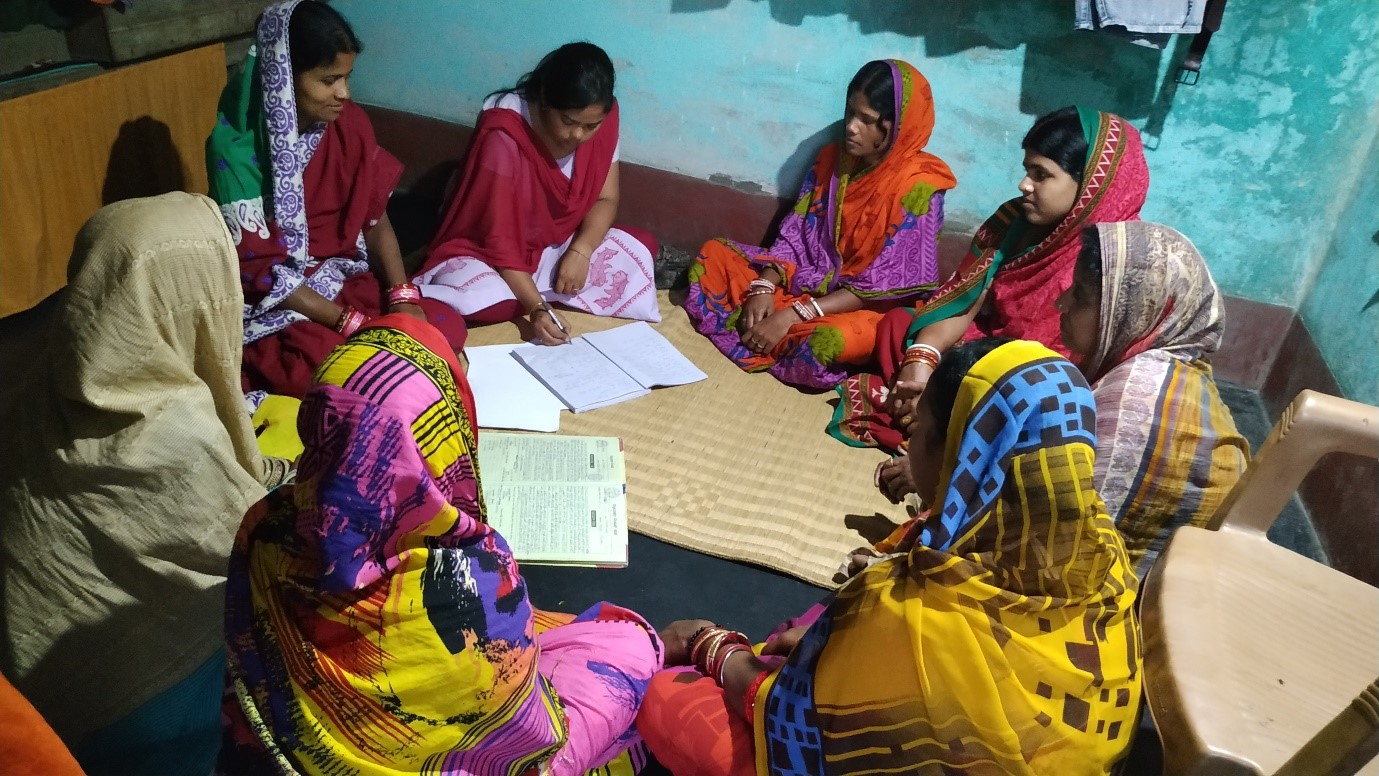‘Disasters can’t happen here. Lord Jagannath will save Us ‘: Exploring women’s experience of barriers to EWS in Odisha, India

Authors and Collaborators:
- Principal Investigator: Chinmayee Mishra, Department of Sociology, Utkal University
- Co-Principal Investigator: Dr. Bishnuprasad Mohapatra, Department of Sociology, Malyagiri Mahavidyalaya
- Field Investigator: Archita Bala Patra, Urmila Sahoo
This study explores barriers to Early Warning Systems (EWS) access and disaster preparedness among women in Puri, Odisha, following Cyclone Fani. Women, particularly from marginalized socio-economic groups, face unique challenges in receiving and responding to early warnings due to intersecting cultural, social, and infrastructural barriers.
Using a mixed-methods approach, the research engaged 384 participants, including women and key stakeholders, through household surveys, focus group discussions, and in-depth interviews. Findings revealed that while early warning dissemination reached most women, low risk perception, religious beliefs, and limited access to communication tools hindered effective preparedness. Community health workers and volunteers played vital roles in bridging gaps at the community level.
The study highlights the need for inclusive, community-driven EWS approaches that address behavioral and systemic barriers, ensuring all groups, especially women, can effectively prepare for disasters.
Explore the executive summary or full paper to learn more.

This research was funded with UK International Development from the UK government. It was part of a multi-country research initiative led by the Global Disaster Preparedness Center of the American Red Cross. Access all final publications here.
